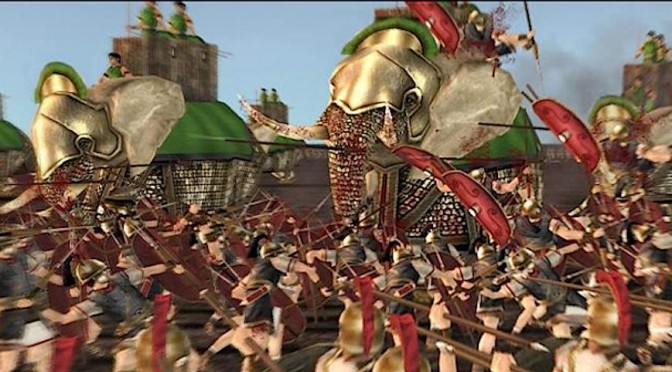An early death
The latter years of alexanders campaign were marred by quarrels and misfortune. Haephstion died suddenly, to be followed not long after by Alexander. At Alexanders death his generals fell into two groups, the Macedonians who had served under Philip of Macedon and the Egyptians who were all of a similar age to Alexander himself and had attended Aristotle’s school. In the latter years of Alexander’s campaign the Macedonians were bitterly critical of Alexander’s fraternising with the Persians. Alexander died at only 33 and his empire fragmented.
Perdiccas
Because of the circumstances of his death control fell into the hands of Perdiccas, a Macedonian. He contrived a marriage with Alexanders sister Cleopatra This led to all the other Madedonia Diadochi, (Antipater, Craterus and Antigonus) attacking him. Perdiccas was seen as as making a grab for Macedonian power, perhaps overall power. Perdiccas though a his ally the Egyptian Eumenes defeated his Macedonian competitors and then marched against Ptolemy who had in Perdicca’s eyes stolen Alexanders Burial.
It was a bad mistake his lieutenants were all Eqyptians and after refusing to move against Ptolemy they murdered Perdiccas .
The death of Roxanne?
The remaining Macedonians fought amongst themselves and in a unsuceessful attempt to re-establish Egyptian power in Macedon, Alexanders Mother, Alexanders Wife/ mistress Barsine and her son Heracles, Alexanders wife Roxanne and her son Alexander on by Roxanne were all killed.
In the aftermath the Egyptians gained control of all but Macedonia and the Greek city states. Egypt was inherited by Ptolemy and the Persian empire by Seucleus. In Egypt the policy of inbreeding continued. It is not impossible that Ptolemy was Alexander himself, satisfied by ruling his homeland. His mother, Olympias, rather than dying needlessly in Macedonia may have simply moved to Egypt along with his wives and male children. In Egypt they could have changed their names and identities! Examination of Egyptian history indicates that a death was not always a death but simply a termination of a position of high office.
‘
Ptolemy Philadelphus
Despite having five wives and many children, Ptolemy chose Ptolemy Philadelphus as Ptolemy II, Philadelphus was by no means his eldest male child. However Philadelphus mother was Berenice I who apparently was Macedonian but had the distinction of also been cared for by the ubiquitous Lagus. We must suspect that Berenice was another half sister. Ptolemy II then married his sister and her daughter. His son married his first cousin and so on, for generation after generation.
The Magi
The Ptolemies then interbred with the Seuclids of Syria, desendants of Seucleus, aother of Alexanders close friends, who now ruled the core area of the Persian Empire conquered by Alexander. The same line breeding techniques used in Egypt were utilized. For this to have any meaning it must mean that they all believed they were descended from Gods. The teachings of Zarathrustra were therefore particularly offensive as they acknowledged no physical form for Ahura Mazda, the power behind the universe.
To counteract the hold of Zarathrustra’s teaching on the general population, the role of the Magi was again enhanced. Temples were built and sacrifices introduced. Extra “wise” books were added to Zarathrustra’s code. Ahura Mazda, became the good god and Ankareh Minu was promoted as the bad god. It now could be called a religion . There were gods to worship a God! Both Greeks and Romans were satisfied. A greek philosopher sighed contentedly “Ahura Mazda is really Zeus”. The religion became known as Zurvanism then Zoroastrianism. Egypt, Syria and Greece were well satisfied with their work, the teachings of Zarathustra had been modified to make them similar to Egyptian beliefs. At first the underlying code of ethics practiced remained unchanged but slowly but surely the brilliance of Zarathrustra’s beliefs and teaching dimmed, to be held true by only a select few.
And now Rome
The four of the major religions of the ancient world were now fully defined. Greek, Egyptian, Jewish and Zoroastrianism. They all intersected and overlapped, both in philosophy, beliefs and perhaps, more importantly, geographically. In the meantime however another power was rapidly rising. In 200 BC Rome defeated Carthage and by 150 BC all of Italy was finally controlled by Rome. Rome now looked to extend its influence even further. Egypt prepared to protect its interest by infiltrating the Roman Republic. the result was that Rome looked east before it had finally secured its norther and very vulnerable borders, why did they do that?
